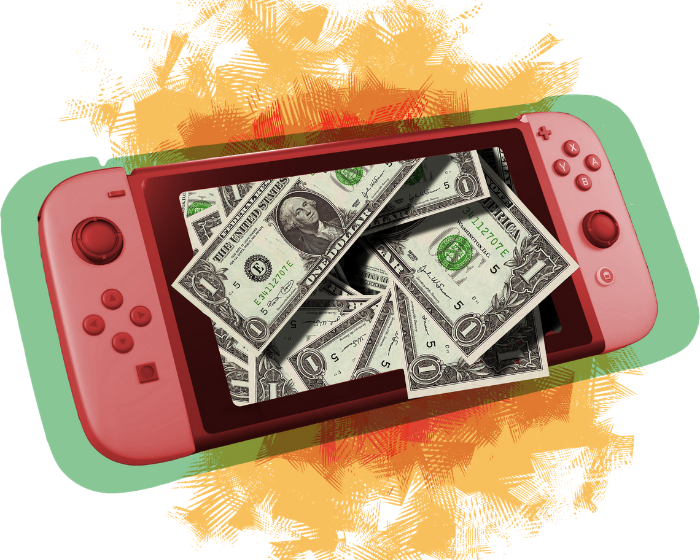What is cryptocurrency? Most people have no idea, yet it might be the future of money.
There are many kinds of cryptocurrencies, also referred to as cryptos, available such as Litecoin (LTC), Ethereum (ETH), Bitcoin (BTC), & Monero (XMR). Bitcoin is one of the most popular decentralized cryptocurrencies created using a series of complex mathematical equations. This process of creating a Bitcoin is called mining and once created, it is available for transactions on the network.
This network behind these pseudonymous transactions in cryptocurrency is called the blockchain. The blockchain is essentially a system of ledgers, each a copy of all transactions that have ever occurred on the network. This ensures that no fraud can take place and that the whole network can maintain decentralization. Other cryptos, sometimes referred to as altcoins, have other features such as Monero which has more privacy built into its blockchain than Bitcoin and Ethereum which has a feature of digital contracts built into its blockchain.
The history of Bitcoin is interesting, even the creator Satoshi Nakamoto, is just a pseudonym. All we know is that Satoshi released his whitepaper on Bitcoin in late 2008 detailing what Bitcoin and the blockchain is. Soon followed a community of programmers who created the blockchain, and Bitcoin was born.
The price for Bitcoin was relatively low when it first released $1 for roughly 1,309 Bitcoin in 2009, to roughly $4000 for 1 Bitcoin as of September 2017.
The idea behind decentralization and pseudonymous transactions does not quite sit very well with governments and financial institutions. The US government has a dislike for cryptos because of their use in the online marketplaces like the famed Silk Road, the darknet marketplace which shutdown in 2013. Additionally, in an article by Leah Goodman on Newsweek.com, she mentioned how the US Government is monitoring bitcoin because its fears of cryptos undermining US interests.
Banks are also concerned and have regularly commented on their stance towards cryptocurrency. Even CEO Jamie Dimon of JPMorgan and Chase voiced his fears and opinions of Bitcoin last week for CNBC, calling bitcoin “a Fraud”, though from an article on fortune.com we see JPMorgan has been buying Bitcoin.
As the growth of cryptos increases there might be more outrage towards them from the large institutions they stand to disrupt these institutions will make use of them.
Transferring money from one bank account to another account of a different bank can take days. International fees apply if transferring outside your country and it might even take longer than a few days. With Bitcoin it takes minutes; with Litecoin even less time. Cryptocurrency can potentially save you money and time.
What if you don’t care for the issues of transacting times and fees? Well, maybe you care for investment. Exchanges help provide an avenue for people to invest in cryptocurrency companies via their coins. For example, OmiseGO (OMG), is a company trying to provide a system of coordination between payment processors and financial institutions in Thailand, Japan, Singapore, and Indonesia. You can use Bitcoin to purchase OMG coin on an exchange such as Bittrix.com, thereby, investing in the company.
This system of exchange is easier and more direct that the stock market, which can, for example, tack on even more fees and taxes than online crypto exchanges.
As college students, thinking towards the future is vital. Why wouldn’t investing in an easy option that is both safe and cheaper than stocks and bonds be considered? Why wouldn’t better transaction times and full control of our money be important to us? With Bitcoin, the possibilities available are numerous.
































Jonathan Price • Sep 30, 2017 at 4:21 pm
Coins/tokens can also be categorised in other ways, such as their economic properties. Some coins promise dividends to the holders – these are the ones that the SEC has banned as being ‘securities’; some are a sort of advance purchase for goods or services of the issuing company; others are like indiegogo style crowdfunding, where buyers do not necessarily receive anything in return, apart from the satisfaction of helping the project get funded.
A few coins combine two categories, like BmyCoin for example, that offers a stake in the ownership of the trading platform, which should mean dividends to follow.
Nick • Sep 29, 2017 at 5:34 am
It’s cool that you’re breaking it down to help newbies. There’s some step by step guides to help them buy and store them here too: https://getcrypto.info/